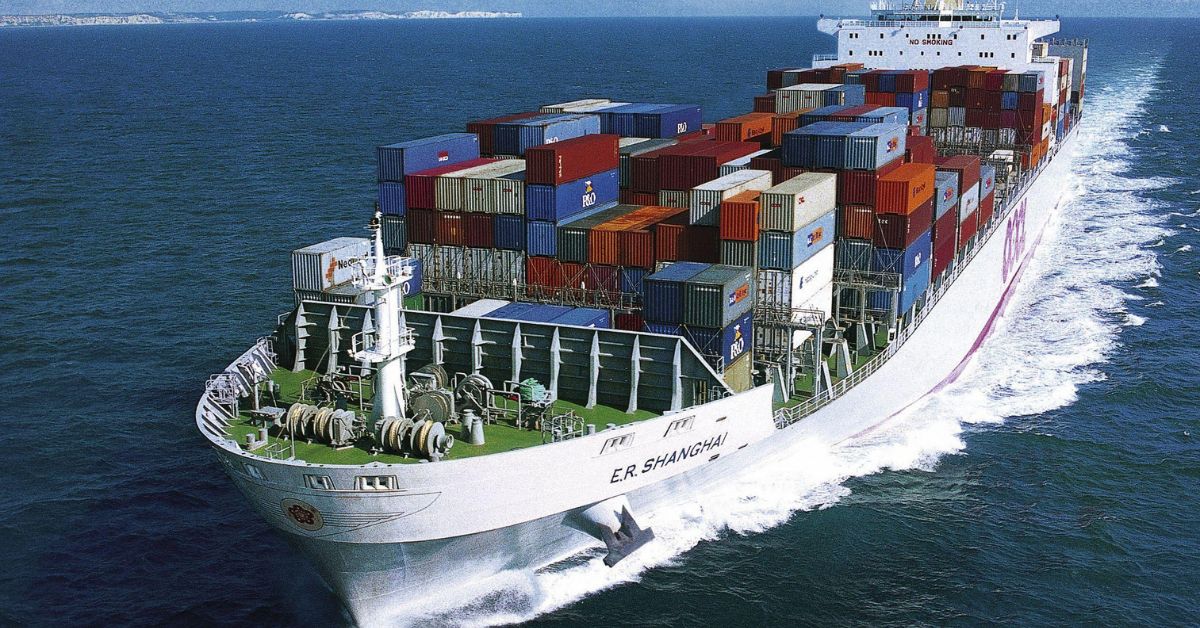The Rajya Sabha has passed the Coastal Shipping Bill, removing the requirement for Indian-flagged vessels to obtain a general trading licence from the Directorate General of Shipping for operations along India’s coast. The Lok Sabha had cleared the Bill earlier. Under the new law, foreign-flagged ships—whether chartered by Indian citizens or entities and operating from ports within or outside India—will still require a licence to engage in India’s coasting trade.
At present, both Indian-flag and foreign-flag vessels chartered by Indian companies or individuals need a licence to operate. The new Bill, carved out of Part 14 of the Merchant Shipping Act, 1958, aims to streamline regulations, support focused policy decisions, and boost the share of coastal cargo in line with the Maritime India Vision 2030 and Maritime Amrit Kaal Vision 2047.
Ports, Shipping and Waterways Minister Sarbananda Sonowal described the Bill as a “radical step” that will lower logistics costs, reduce pollution, and ease congestion. He said the legislation focuses on domestic commercial and trade aspects of coastal shipping while making compliance simpler for Indian operators.
The change is expected to benefit Indian entrepreneurs who do not own vessels but can lease them to operate in coastal trade, increasing the availability of vessels for domestic cargo movement. Foreign-flagged vessels—whether mechanically or non-mechanically propelled—will be permitted in coastal and export-import trade only after securing a licence, with the Director General of Shipping empowered to impose conditions such as crew nationality requirements or partial construction of vessels in India.
The Bill also updates licensing criteria for foreign vessels, considering the availability of Indian ships and the compliance record of applicants. It removes restrictive conditions on certain foreign vessels, such as non-propelled barges and mobile offshore drilling units, to improve competition and efficiency.
Penalties have been revised to match global standards, replacing outdated fines of up to ₹1,000. While imprisonment remains for serious offences such as illegal operation within India’s Exclusive Economic Zone (EEZ), most violations will attract monetary penalties to avoid unnecessary criminalisation.
The Bill also outlines plans to integrate inland waterways with coastal shipping routes, facilitating smoother cargo transfers between the two systems. It proposes creating a National Coastal and Inland Shipping Strategic Plan to guide long-term development of the sector.
Supporters say the new framework will enhance efficiency, attract investment, and create a more competitive coastal shipping market, while also safeguarding India’s maritime security and environmental interests.









